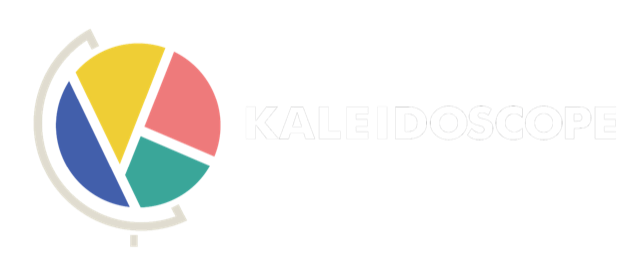⚖️ The Economics of Opportunity 📈
How do patterns of inequality and mobility change across time and place? How can economic analysis help us understand what drives these changes and move towards a more just world?
in the economics of opportunity you will:
The Working Man, taken by 2018 Kaleidoscope fellow Will Ahn
Explore what makes economics powerful—hint: it’s more than just stocks and finances!
Understand economic inequality & mobility from both global and local perspectives
Use the US as a case study to examine how economic inequality intersects with other forms of inequality, including racial and housing inequality
Unpack the real-world implications of economics through frequent small-group discussions that draw on students’ global experiences
Learn how to use economics data and research methods to analyze trends in inequality: in specific places and times as well as the bigger picture
How it’s Structured:
You’ll start the class by gaining a substantive introduction to economics: the key questions, concepts, and research techniques that drive the discipline, and what is uniquely powerful about it.
You’ll then begin to investigate economic inequality and mobility, first exploring global trends in inequality over time, and subsequently zooming in on America as a case study.
You’ll learn how economists measure inequality—using indicators like the Gini coefficient and the Lorenz curve— explore the solutions they’ve posed to the problem of inequality, and investigate the limitations of an economic understanding of inequality.
You’ll do a project where you apply everything you learned to analyze inequality in a time and place of your choosing, including creating your own data visualization (we’ll teach you how!)
Top projects are designated as 🌟 starred projects 🌟, a designation that you can add to your resume and that may lead to your project being featured on our website!
Have a question? Contact us.
Logistics
Tech: Live online instruction on Zoom, cameras on and discussion-based
Materials: Good Economics for Hard Times, Abhijit Banerjee and Esther Duflo
College-like course structure: Seminar with minimum of 4 & maximum of 15 for engaging discussion
Dates & times: (full schedule)
Term 1: June 19 - June 30, 1-3pm ET
Tuition: $1,000 with need-based financial aid available, part of the application
About the Instructor
Edie Abraham-Macht is a teacher & curriculum developer with Kaleidoscope and a Phi Beta Kappa graduate of Yale University, where she majored in American Studies. Her writing has been published in Yale and professional publications including the Yale Daily News Magazine, Yale Literary Magazine, Aerie International, and Hanging Loose Magazine. Edie grew up in Brooklyn and lives in Washington, DC.
About the developer
Leila Wass is a Harvard College student (’23) and a 2018 Kaleidoscope alum, where she participated in the inaugural Social Sciences for Social Problems class. Leila is majoring in Economics with a Chinese citation—she has been studying Chinese since middle school! Her favorite aspect of the economics class is that it prepares students to analyze and develop opinions on policy proposals using economic principles, which will be a useful skill for students throughout their adult lives.





